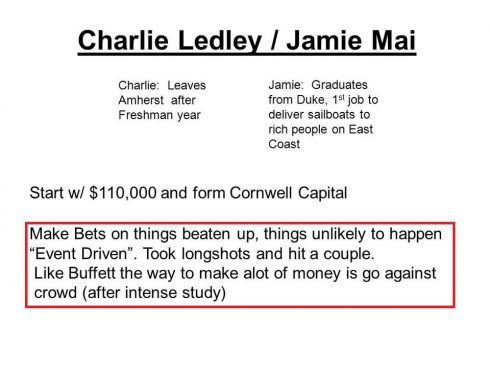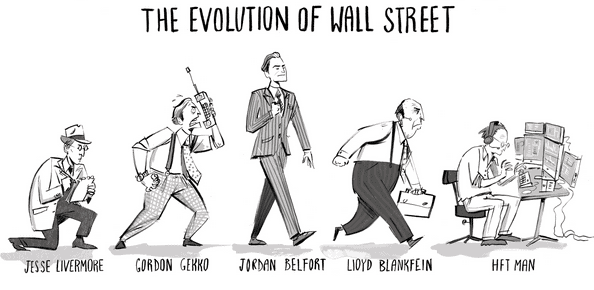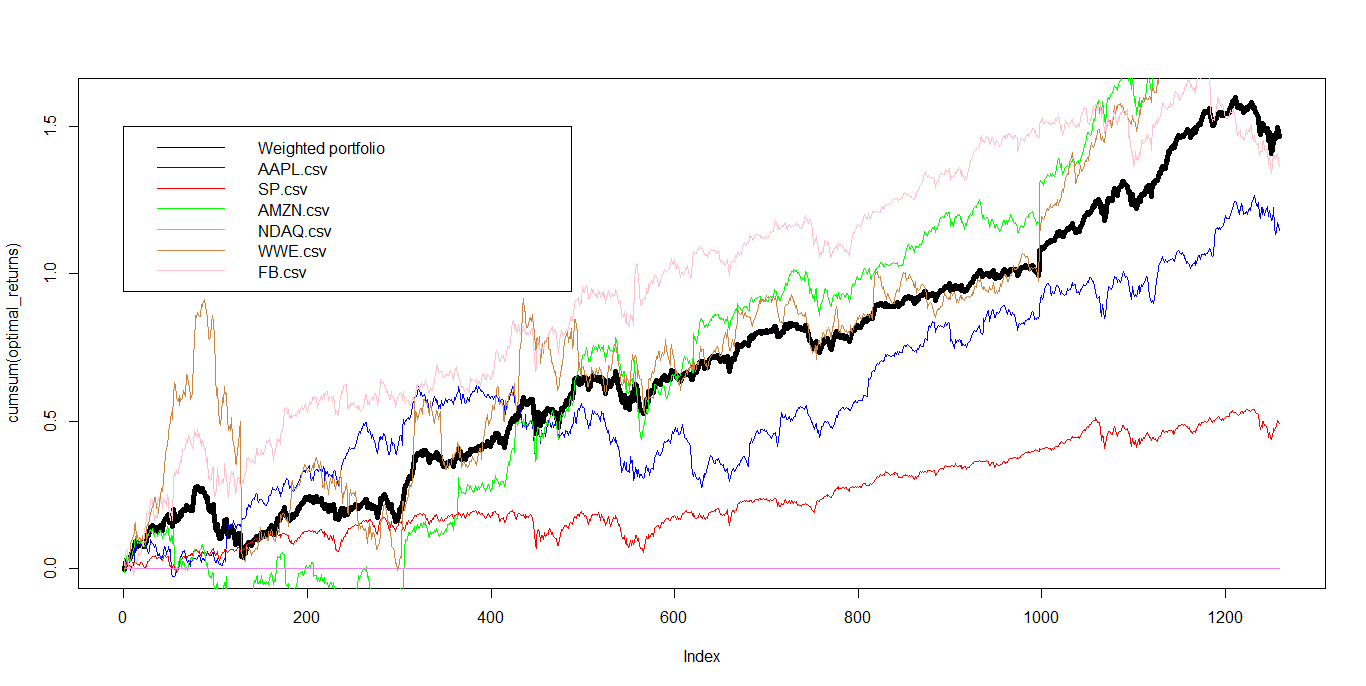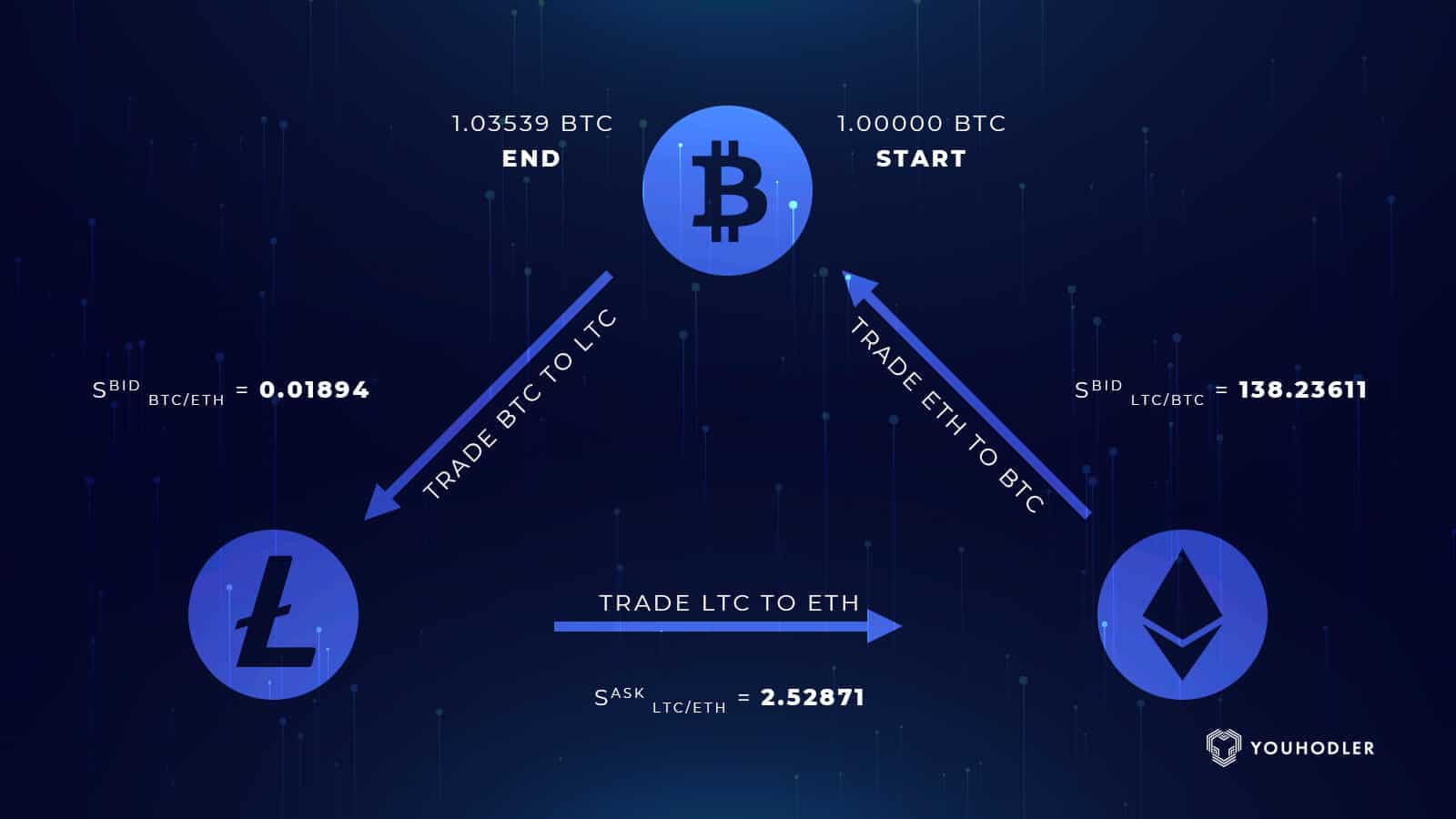Short Selling
- Price Efficiency and Short Selling (This article studies how stock price efficiency and the distribution of returns are affected by short-sale constraints. The study is based on a global data set that includes more than 12,600 stocks from 26 countries between 2005 and 2008.)
- Informed or Speculative: Selling Analyst Recommendations (Study showing symmetric short selling patterns around both downgrades and upgrades.)
- Short Selling and Over‐Optimism: Do Short Sellers Profit on the Australian Stock Exchange? (This paper considers short sellers’ activities when equity analysts are over-optimistic about a stock’s future performance.)
- Short Selling Risk (Short sellers face unique risks, such as the risk that stock loans become expensive and the risk that stock loans are recalled. The study shows that short–selling risk affects prices among the cross-section of stocks. Stocks with more short–selling risk have lower returns, less price efficiency, and less short selling.)
- In Short Supply: Short Sellers and Stock Returns (Examining the economic determinants of short-sale supply, and its consequences for future stock returns.)
- The Second Wave of Hedge Fund Activism: The Importance of Reputation, Clout, and Expertise (Using a large dataset of hand-collected information on activist interventions from 2008 to 2014, the paper examines why certain hedge funds succeed in the face of competition. )
- Activist Investors, Distressed Companies, and Value Uncertainty (Do funds create or destroy enterprise value? This essay contributes to the dialogue by analyzing data from chapter 11 cases in which funds are in a position to influence the debtor’s exit strategy. The data shed light on what such funds might achieve in chapter 11 cases and the potential implications for debtors and their other stakeholders. )
- Shareholder Activism and Voluntary Disclosure (The paper examine the relation between shareholder activism and voluntary disclosure. An important consequence of voluntary disclosure is less adverse selection in the capital markets. One class of traders that finds less adverse selection unprofitable is activist investors who target mispriced firms whose valuations they can improve.)
- Are Activist Investors Good or Bad for Business? Evidence from Capital Market Prices, Informed Traders, and Firm Fundamentals (For a large sample that extends over two decades, this research examines five different types of evidence to determine whether interventions by activist investors increase shareholder value.)
- Activist Short-Selling (Regulators and investors are concerned that activist short-sellers who publicly talk down stocks manipulate the market by creating panic. Using a large sample of activist short–selling, the research is concluded with the fact that activist short-sellers tend to target firms with overvaluation features (that predict future underperformance) and uncertainty features indicating imprecision of investors’ information.)
- Hedge Fund Activists’ Network and Information Flows (This paper studies connections and information flows between activist hedge funds and other institutional investors and shows them as prominent factors in the success of activist campaigns.)
- Short selling around the expiration of IPO share lockups (The paper shows that short selling increases before the lockup expiration date and declines afterward, and the level of short selling is higher in stocks of venture capital (VC)- and private equity (PE)-backed IPOs than other IPOs.)
Volatility
Options





